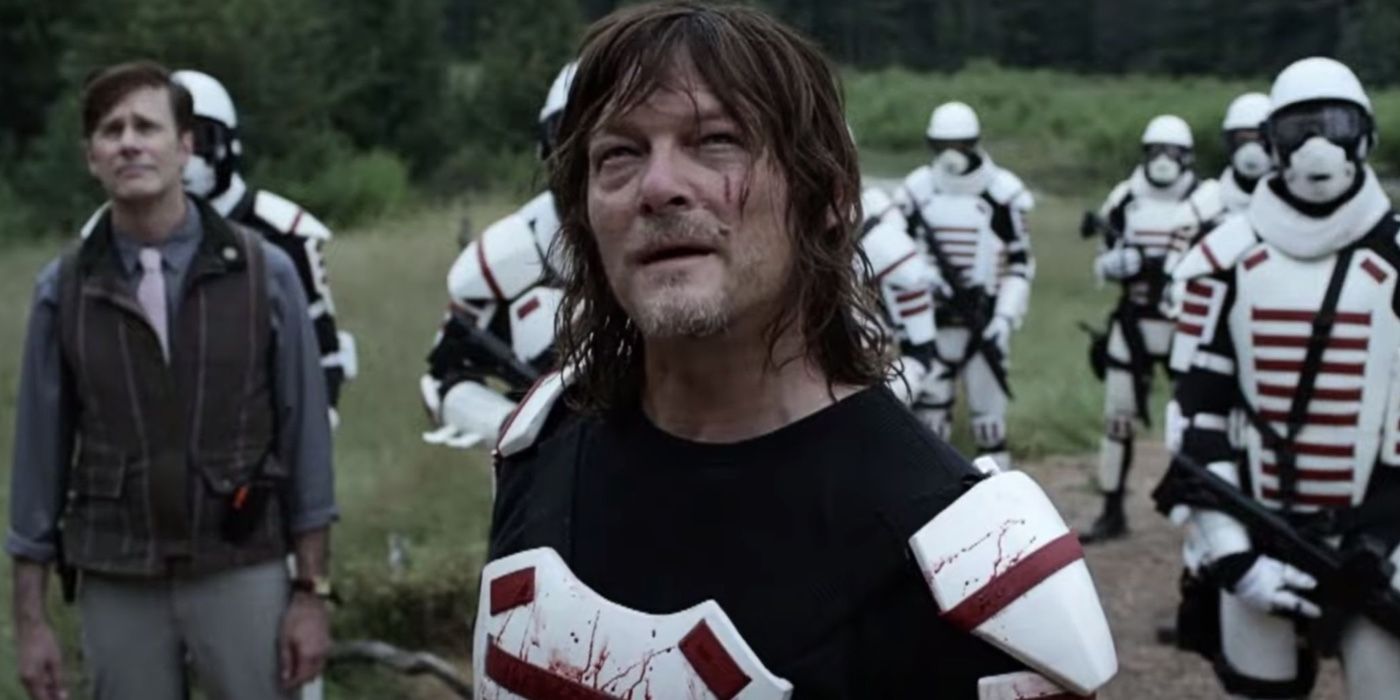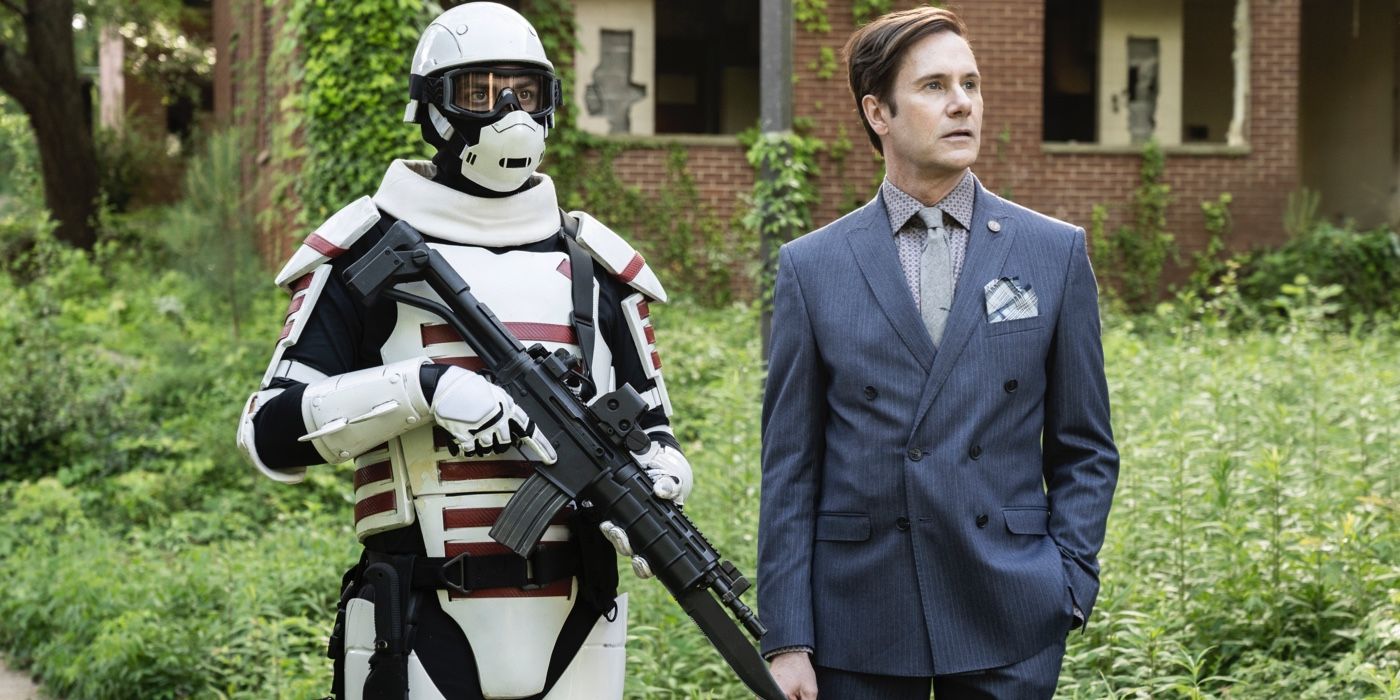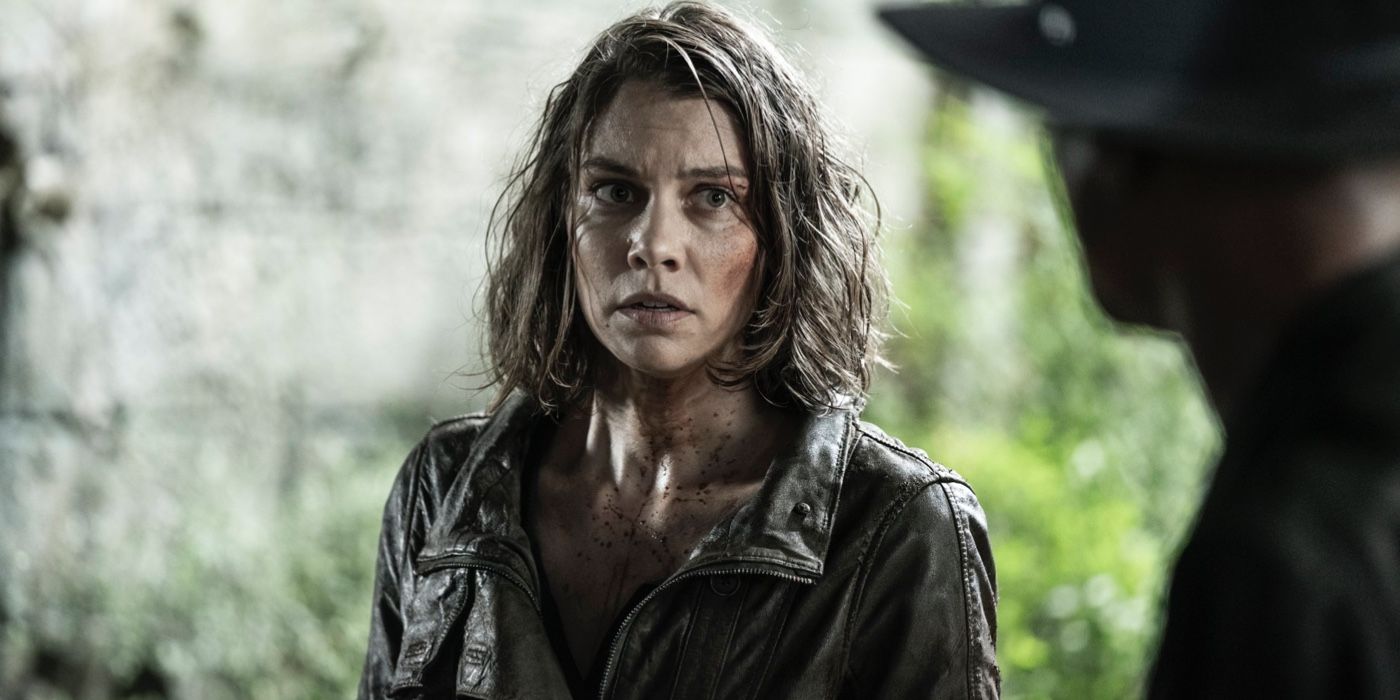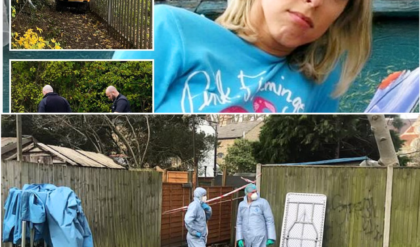The Walking Dead is having trouble wrapping up its Commonwealth storyline in its final season, proving that it rushed the plotline in the first place.

The Walking Dead‘s last episodes are finally here — but they sure doesn’t feel like it. With little to no promotion besides a few trailers here and there, AMC is as apprehensive as the fans about the end of the series. And with the Commonwealth being the storyline to close it out, it’s looking like The Walking Dead was slightly unprepared to tackle the monster of a storyline in such little time.
The Season 11C premiere “Lockdown” isn’t terrible, but it definitely doesn’t convince viewers that the final episodes will leave the series on a strong note. For starters, the timeline is quite messy and downright confusing. Lance Hornsby seizing Oceanside was the big cliffhanger of Season 11, Episode 16, “Acts of God,” which almost lived up to the infamous Season 6 premiere that left everyone wondering for months about who Negan was going to kill. But in “Lockdown,” Lance is back in action with Daryl and Maggie. What happened to Oceanside? Was Oceanside just a side quest that viewers aren’t privileged enough to watch on-screen? The world may never know, but it’s perplexing just how much is swept under the rug.

But the entirety of the Commonwealth storyline has been unfortunate from the start. The Commonwealth had been hinted at since the Season 9 finale and wasn’t formally introduced until Season 10’s final batch of episodes. That slow burn felt appropriate considering how big of a community it is. To throw the survivors and viewers into the storyline in just one episode would have been jarring. Unfortunately, it seems like AMC’s plans for the series were in conflict with the writers’ plans for the Commonwealth.
For many, Season 11 being the final season of The Walking Dead came out of nowhere. Despite the fact that producer Denise Huth assured GamesRadar+ that the comic book series’ ending wouldn’t affect the television show’s status, a year later it was announced that Season 11 would be the last. Up until recently, it wasn’t even known why the series was ending. Then Scott M. Gimple told Entertainment Weekly that AMC was pushing for the series to end in Season 11… which explains why the Commonwealth storyline is so poorly done.
Past storylines featuring big villains from the comics were criticized for being too long and some said they ruined the series (see: Season 7 and 8’s Negan arc). But now The Walking Dead is running into a completely opposite issue with the Commonwealth. The Commonwealth has only been the main villain for 16 episodes, starting with Season 11, Episode 9, “No Other Way.” Before that, the Reapers took up precious screen time that could’ve been used to tell the Commonwealth storyline properly. But now viewers are forced to endure conflict resolutions on the fly, such as the one shown in “Lockdown.”

In the span of one episode, Carol manages to make a deal with Pamela (or so viewers can only assume), Negan travels to the Commonwealth (a whole state away from where he was before) and Lance manages to manipulate time and space because he’s in two places at once. These moments are meant to drive the action further and keep the momentum going, but The Walking Dead is insulting the viewers by hoping they forgot what happened in the “Acts of God.” No one’s forgotten, and the show’s story is suffering for it.
To do the Commonwealth storyline justice, it needed to be extended at least another half-season — or even full season. “Lockdown” was too swept up in the action to get any genuine story moments in, which is what made Seasons 7 and 8 fail. On the other side, the Governor and Whisperers storyline, when the writers took their time to set up the conflict and took even more time to resolve it. The Commonwealth storyline is jumping from A to C all the way to Z — a sign that the show isn’t ready to move on, and the series finale might suffer the same unsatisfying fate as Game of Thrones.





